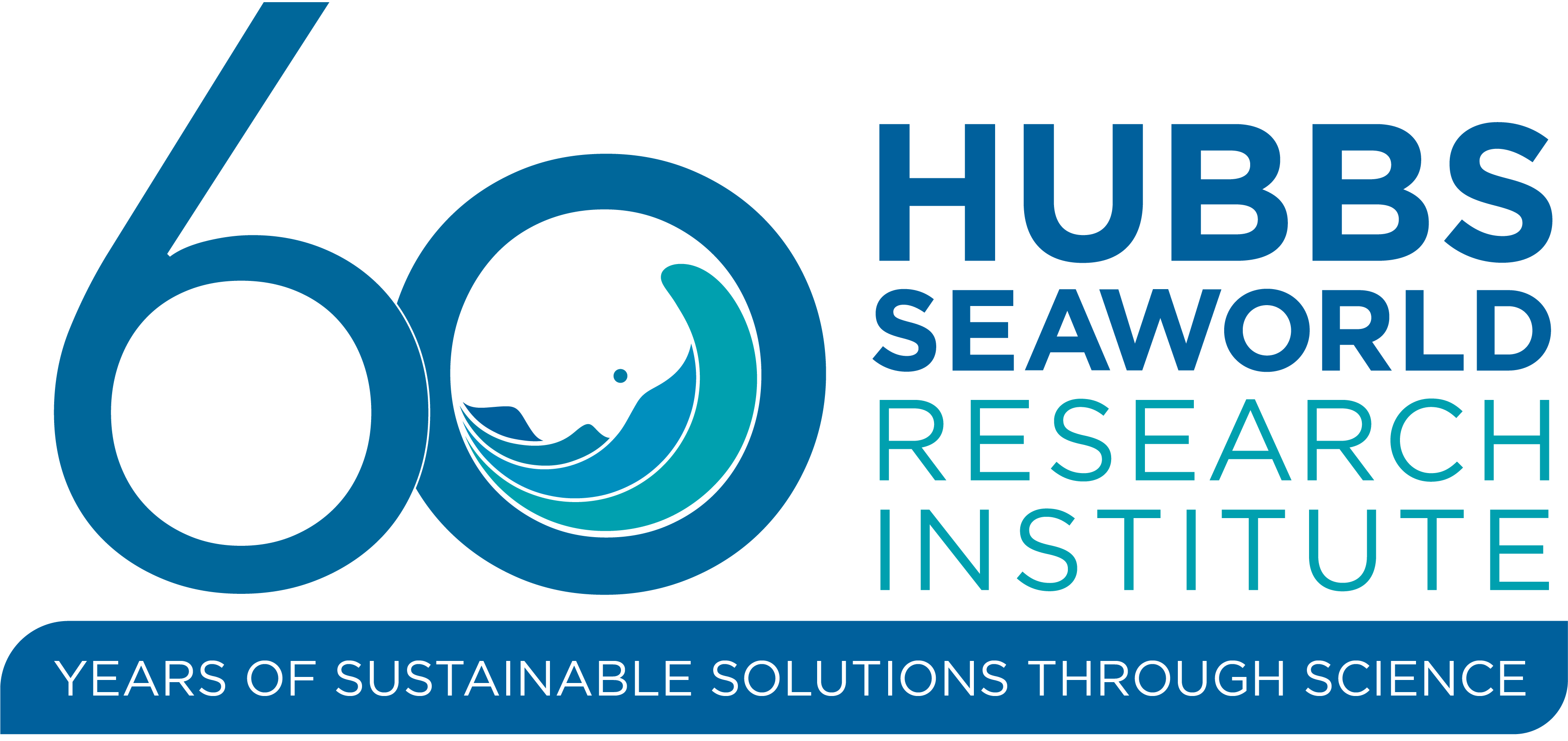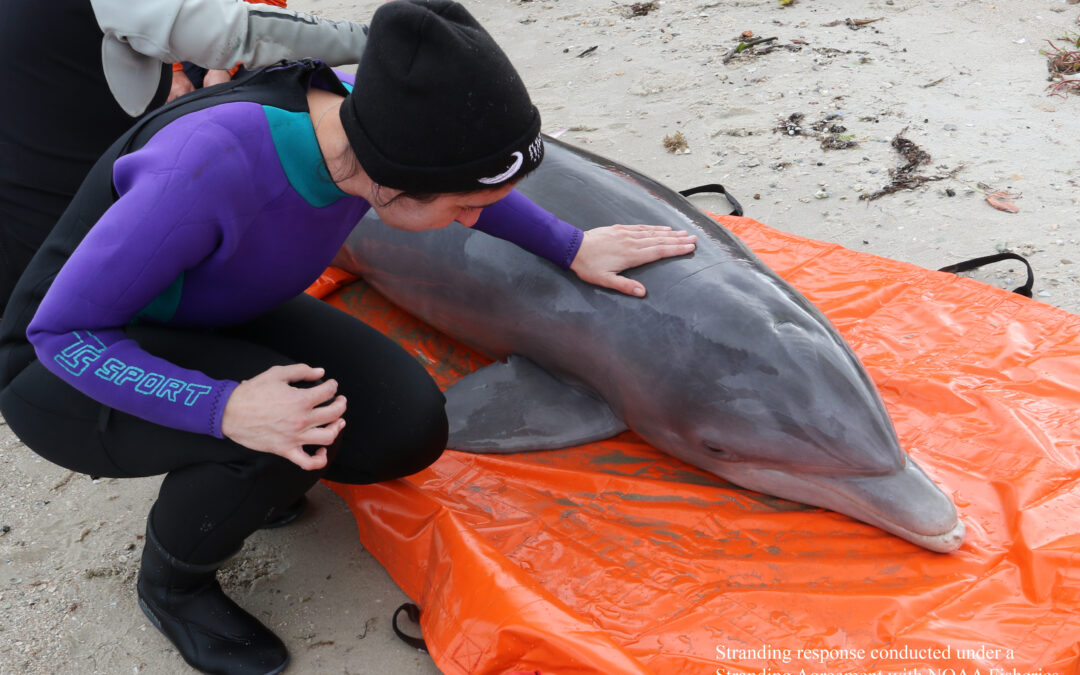FOR IMMEDIATE RELEASE
Media Contact:
Danielle Bates
Chief Science Officer, Hubbs -SeaWorld Research Institute
T:(619) 226-3874 M:(619) 609-9700
Email: dbates@hswri.org
Melbourne, FL – October 16, 2025 – A new study in Nature Communications Biology has discovered that dolphins living in Florida’s Indian River Lagoon show brain changes similar to Alzheimer’s disease in humans. The research team, which included scientists from Hubbs-SeaWorld Research Institute (HSWRI), Brain Chemistry Labs, University of Miami Rosenstiel School of Marine, Atmospheric, and Earth Science, and Blue World Research Institute, found that dolphins exposed to harmful algal blooms carried high levels of a toxin in their brains and showed warning signs of neurodegeneration.
“By leveraging our multi-decadal sample archive, established with support from NOAA Prescott Marine Mammal Rescue Assistance Program, we were able to connect harmful algal bloom neurotoxins with molecular and pathological changes in dolphin brains”, said Wendy Noke Durden, Research Scientist at HSWRI. “The parallels with human Alzheimer’s disease highlight the importance of continued support for marine mammal stranding and research programs that provide insights into both wildlife and human health.”
During bloom seasons, stranded dolphins were found to have 2900 times more of the toxin 2,4-diaminobutyric acid (2,4-DAB) in their brains compared to dolphins that stranded outside of bloom seasons. Alongside these toxins, researchers observed changes in brain chemistry and tissue that mirror early Alzheimer’s disease, including abnormal protein build-up and shifts in key genes linked to memory, brain health, and Alzheimer’s disease risk.
“Dolphins serve as a sentinel species: they naturally develop amyloid and tau pathology, and their brains reveal how environmental stressors like harmful algal bloom toxins may accelerate neurodegenerative processes,” said David Davis, Ph.D., a Miller School neurotoxicologist, associate director of the Miller School’s Brain Endowment Bank, and assistant research professor in the Department of Neurology. “We observed transcriptomic parallels between dolphins exposed to algal toxins and human Alzheimer’s disease — especially in pathways affecting neuronal communication and the blood–brain barrier.”
The study is one of the first to connect neurotoxins found in harmful algal blooms directly to brain changes associated with Alzheimer’s-like disease in a wild marine mammal. It also illustrates how warm water and nutrient pollution, which fuel these blooms, may impact wildlife health. These results align with recent research showing that ecosystem disruption in Florida’s Indian River Lagoon has led to major changes in dolphin diet and prey availability. The study found that as seagrass and other key habitats declined, dolphins shifted to eating lower-energy prey, an ecological stress that may compound the neurological effects observed in this new study. Together, these findings highlight how ecosystem health and marine mammal wellbeing are deeply connected, reminding us that protecting ocean habitats is essential for both wildlife and people.
“These results are concerning because dolphins share coastal waters with humans and face many of the same environmental risks we do,” said Dr. Danielle Bates, Chief Science Officer at HSWRI. “We’re only beginning to understand how environmental change and toxin exposure affect the health of marine mammals, and what that might mean for people who share these waters. Seeing Alzheimer’s-like changes in dolphins raises questions about whether similar problems exist in other species both in the U.S and around the world. Continued support for this research is vital to expand monitoring, collect samples, and uncover the true scope of this issue.”
This work was supported by funds from the sale of Discover Florida Oceans license plate, Brevard County Tourism and Development Council, Herbert W. Hoover Foundation, and by the SeaWorld Busch Gardens Conservation Fund, which has long invested in projects that protect marine mammals and their ecosystems.
About Hubbs-SeaWorld Research Institute
Hubbs-SeaWorld Research Institute is an independent 501c (3) nonprofit dedicated to conserving and renewing marine life through innovative science and education. With research programs spanning wildlife populations, sustainable seafood, ocean health, and animal behavior, HSWRI partners with communities, government agencies, and industry to translate science into conservation solutions.
For more information, visit www.hswri.org.

